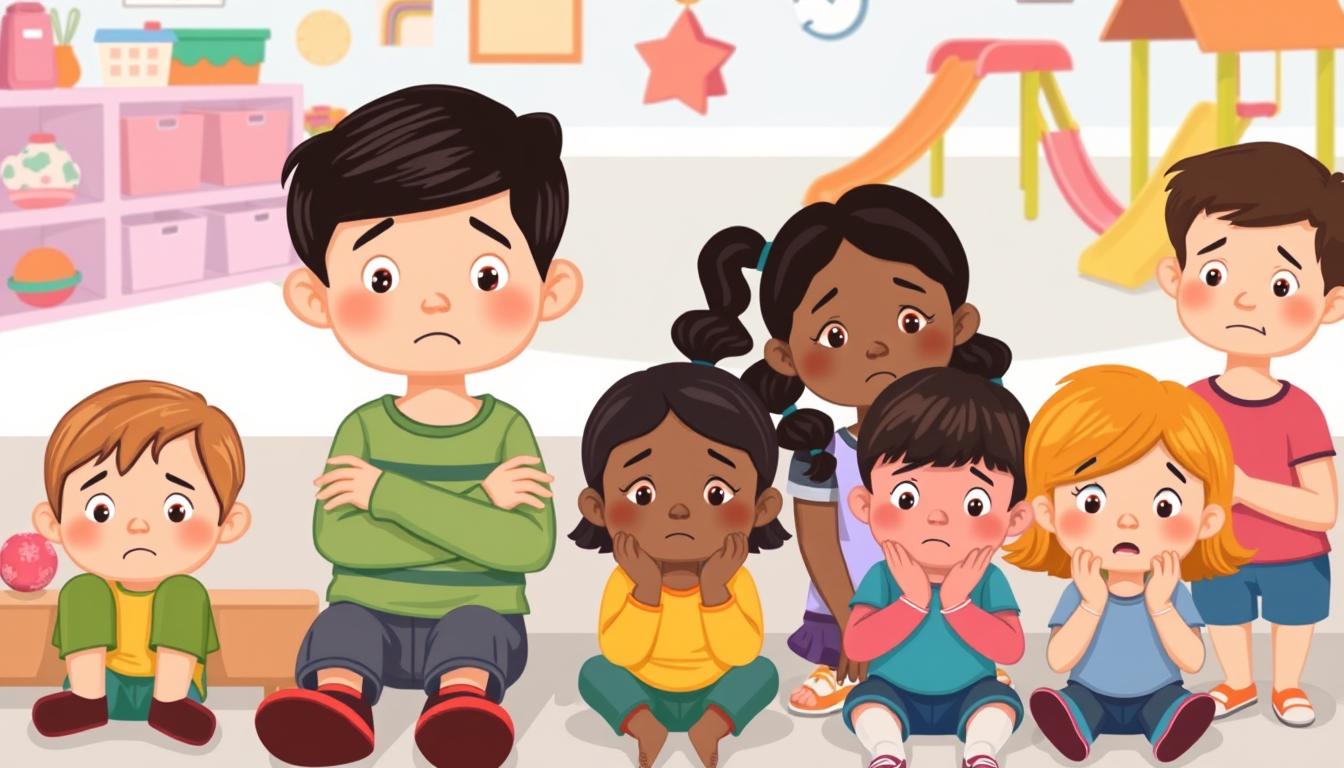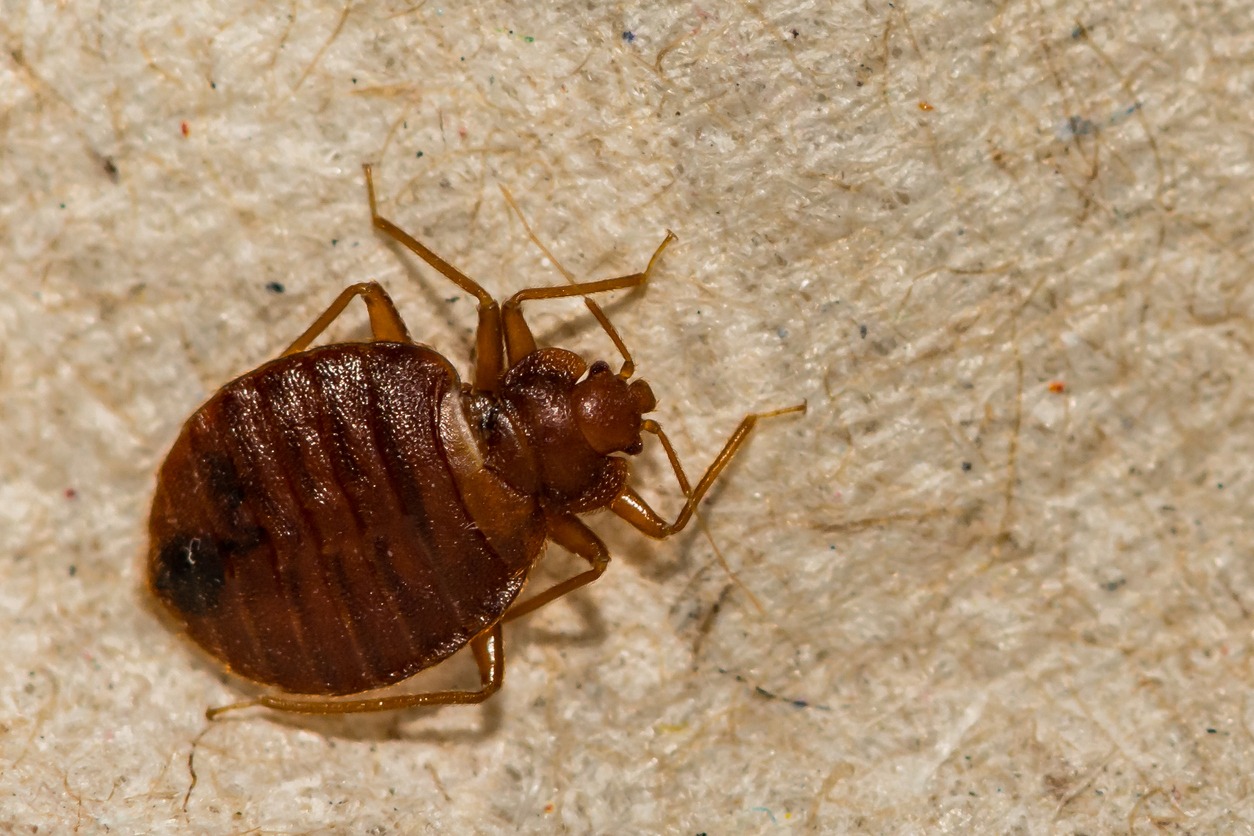How to Talk to Your Kids About Mental Health

Talking to your kids about mental health can be tough. Many parents find it easier to discuss physical health. But, talking about mental well-being is just as important.
With rising rates of suicide and depression among young people, it's more important than ever. It's crucial to have these conversations.
Mental health conditions often come and go, with symptoms changing over time. By talking openly with your children, you can help them understand and manage their feelings better. This open dialogue can also prevent shame and isolation, which are common struggles for kids dealing with mental health issues.
Remember, mental health is complex. It's a mix of biology, psychology, and environment. When you talk to your kids about mental health, you're giving them tools to navigate these complexities. You're also fighting stigma and showing them it's okay to seek help when needed.
Key Takeaways
- Open communication reduces stigma and fear around mental health
- Listen without judgment when kids share their concerns
- Avoid comparisons and stigmatizing language
- Encourage professional help when needed
- Teach coping strategies like breathing exercises
- Be present and attentive during conversations
- Emphasize that support is always available
Understanding the Importance of Mental Health Conversations
Talking about mental health with kids is key in child psychology. Open talks help remove the stigma around mental health. They also boost emotional intelligence. Recent data shows a worrying trend: 42% of teens reported feeling sad or hopeless in 2021, up from 37% in 2019.

Mental health challenges among children have spiked post-pandemic. Pre-pandemic, anxiety and depression rates in kids were 8-12%. Now, they've jumped to 20-25%. This stark increase shows we need to regularly check in on our children's mental health.
Davenport Psychology, Sarasota 1608 Oak St. Sarasota, Florida 34236 941-702-2457 https://davenportpsychology.com/locations/sarasota-office/
Using concrete analogies can make these conversations more relatable. For example, comparing panic attacks to the body's fight-or-flight response helps kids understand complex concepts. It's important to validate their experiences and tell them mental health conditions are not their fault.
- Watch for mood or behavior changes lasting over two weeks
- Be aware that many mental disorders can start in childhood
- Look out for signs like frequent tantrums, fearfulness, or academic struggles
Remember, seeking help is okay. Resources like the 988 Suicide & Crisis Lifeline are available for immediate support. By normalizing these discussions, we're building a foundation for lifelong emotional well-being in our children.
Recognizing Warning Signs in Children's Mental Health

As parents, we are key to our children's mental health. Spotting early signs of mental health issues can lead to quick help and better results. Let's look at some important signs that might mean your child needs more support.
Behavior changes often point to mental health concerns. Keep an eye out for:
- Less interest in things they used to love
- Being very aggressive towards family
- Big mood swings
- Not talking about their feelings or what's happening
- New fears, especially of things they used to enjoy
- Staying away from friends and social events
These signs don't always mean a mental health problem. But they do need attention. If you see these changes for two weeks or more, it's time to get help. Counseling or the right medicine can really help your child.
Remember, mental health issues in kids are different from adults. Anxiety might show as not wanting to be around others. Depression could look like being really short-tempered. ADHD might make it hard to focus, and autism can affect how they connect with others.
Learn about common mental health issues in kids. This knowledge helps you spot problems early and find good ways to deal with them. By staying informed and watching closely, you can give your child the support they need for good mental health.
How to Talk to Your Kids About Mental Health
Talking to kids about mental health can be tough. But, it's crucial for their emotional growth. Find a good time when they feel safe and open. Ask them questions that let them share their feelings.
Listen carefully and without judging. Talk in a way they can understand. Watch how they react and change your approach if needed. Always support and understand them, not criticize.
Experts say it's important to show how to ask for help. Be kind in what you say and do. If they need it, suggest talking to a mental health expert. Remember, many kids face big mental health issues. Early help can really help.
- Use language they can get
- Make a safe, judgment-free place
- Share your own stories when it's right
- Encourage them to ask and talk openly
By talking openly about mental health, you help your child grow emotionally. This helps them throughout their life. They'll know how to ask for help and support others with kindness.
Making Mental Health Discussions Relatable
Experts in child psychology say using analogies helps explain mental health. For example, they compare anxiety to a racing heart or depression to a heavy backpack. This makes it easier for kids to understand and boosts their emotional intelligence.
When talking about mental health, use words that fit the child's age. Young kids might understand feelings as colors or weather. Older kids can connect with characters from books or movies who face similar issues. This makes tough topics easier to grasp.
It's important to include family members in these conversations. This helps prevent kids from feeling alone. Create a safe space where they feel free to share. Remember, 1 in 5 kids face serious mental health issues during their teens. Early help is vital.
- Use simple analogies to explain complex feelings
- Relate mental health to physical health
- Involve family members in discussions
- Create a judgment-free environment
By making mental health talks relatable, we open doors to better understanding. This encourages kids to share openly. It helps them grow emotionally and builds a strong family support system, essential for their well-being.
Building a Support System for Your Child
Creating a strong family support system is key for your child's mental health. The CDC notes a rise in youth anxiety and depression from 2000 to 2020. To fight this, focus on building resilience and using effective coping strategies.
Begin by making your family talk openly. Encourage your child to share feelings with siblings, grandparents, and others they trust. This helps them feel less alone and safe to talk about mental health.
Do things together that bring you closer. Go on outings, have game nights, or enjoy hobbies as a family. These activities help you talk naturally about mental health and well-being.
- Work with your child's healthcare providers for professional support
- Connect with community resources for additional assistance
- Consider family volunteering to build empathy and perspective
Building resilience is a continuous effort. Show your child support and teach them coping strategies. If you see lasting changes in their behavior, get professional help. New Directions Mental Health offers therapy for kids and teens to support your family's mental health.
Practical Strategies for Mental Wellness
Teaching kids how to cope is crucial for their mental health. Start with a healthy lifestyle. This means eating well, exercising, and sleeping enough. These habits are the base of good mental health.
Introduce your kids to simple meditation. It helps them deal with stress and anxiety. Every child is different, so find what works for them, not what others do.
Be a role model by showing healthy ways to cope. Share methods that have helped you. This teaches them valuable skills and starts conversations about mental health.
- Plan family activities that promote mental wellness
- Engage in physical exercises together
- Organize game nights for family bonding
- Volunteer as a family to boost self-esteem
By making these habits part of daily life, you give your kids the tools they need. Remember, being consistent is important for lasting resilience.
Conclusion
Talking to your kids about mental health is crucial for their well-being. In the United States, 1 in 5 children face a mental health disorder. Starting conversations early can greatly help.
Early signs of mental health issues often appear by age 14. This is why early action is so important. It can prevent long-term problems.
Creating a supportive family is essential. Recognizing signs and offering support helps kids cope. Simple activities like daily exercise can also help fight depression.
Emphasizing mental wellness in your family can reduce shame. This encourages seeking help when needed. Starting these talks early helps your kids manage their mental health for life.
FAQ
Why is it important to talk to kids about mental health?
Talking about mental health with kids is key. It helps reduce stigma and encourages open talks. It also supports them in understanding their feelings better.
These conversations help kids develop emotional smarts. They learn to feel okay about asking for help when they need it.
How can I start a conversation about mental health with my child?
Start by picking a time when your child feels safe and open. Use questions that let them share their thoughts. Listen well and speak in a way they can understand.
Be kind and avoid judging. Show them you care and are there to support them.
What are some warning signs that my child might be struggling with mental health issues?
Watch for signs like feeling sad or withdrawn for more than two weeks. Also, look out for attempts to harm themselves or sudden fears.
Other signs include getting into fights, extreme behavior, eating disorders, and intense worries. Severe mood swings and drastic changes in behavior are also red flags.
How can I explain mental health conditions to my child in a way they can understand?
Use simple examples and explanations they can grasp. For instance, compare anxiety or depression to asthma. Explain panic attacks as a body's fight-or-flight response.
Share how therapy and medicines can help, just like they do for physical illnesses.
How can I create a supportive environment for discussing mental health at home?
Make your home a safe space for talking about mental health. Encourage everyone to share their feelings. Show them how to handle stress in healthy ways.
Do activities together that make you all feel good. This could be game nights or volunteering.
What are some practical strategies for promoting mental wellness in children?
Teach kids about self-care like eating right, exercising, and sleeping well. Show them how these habits help with mental health. Avoid comparing them to others.
Do things together that make you all happy. This helps everyone stay mentally well.
How can I help my child build resilience and cope with mental health challenges?
Teach your child how to handle stress and emotions. Show them how to talk openly about their feelings. Make sure they know their experiences are valid.
Be a good role model for managing stress. Support their emotional growth and offer a strong family support system.
When should I seek professional help for my child's mental health?
Get professional help if you see warning signs that don't go away. If your child's mental health affects their daily life, seek help. If they want to talk to a mental health expert, listen and support their decision.
Your child's doctor can be a great starting point. They can offer advice and referrals when needed.




